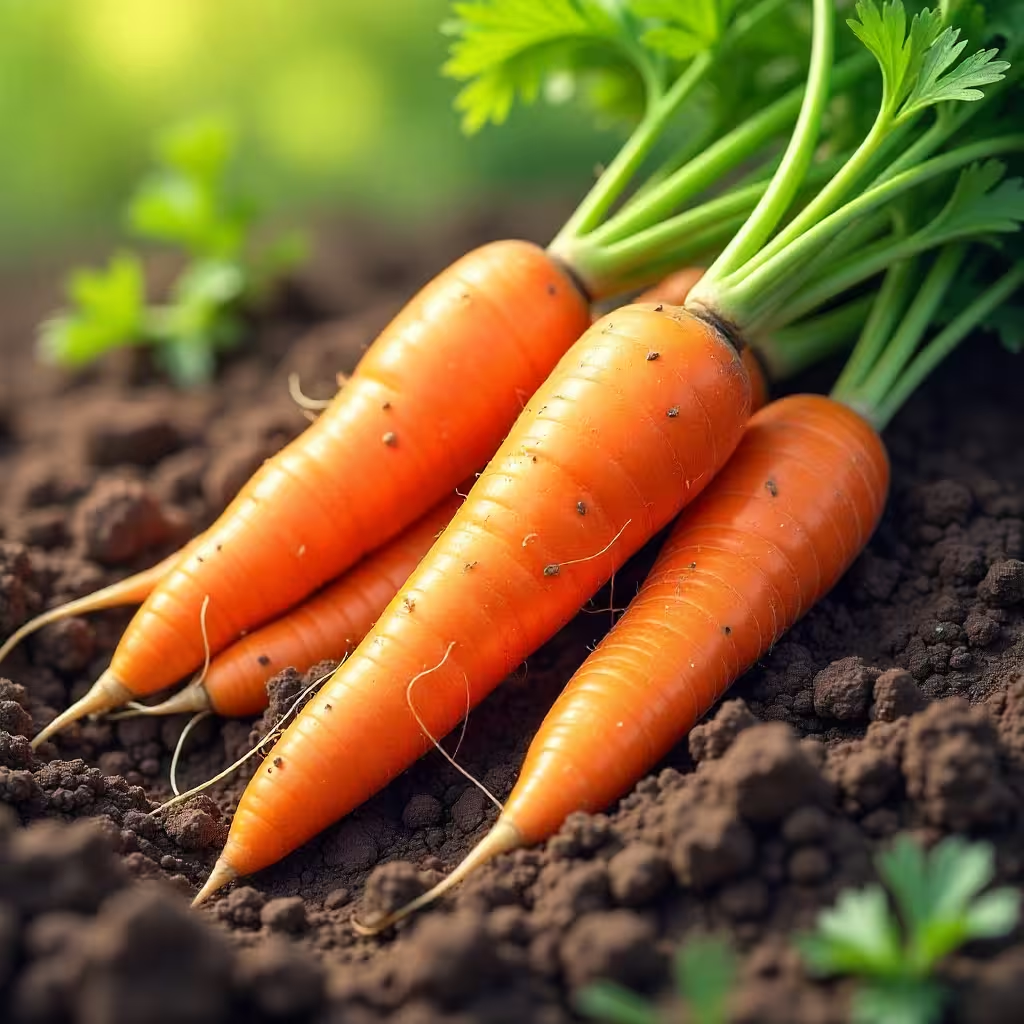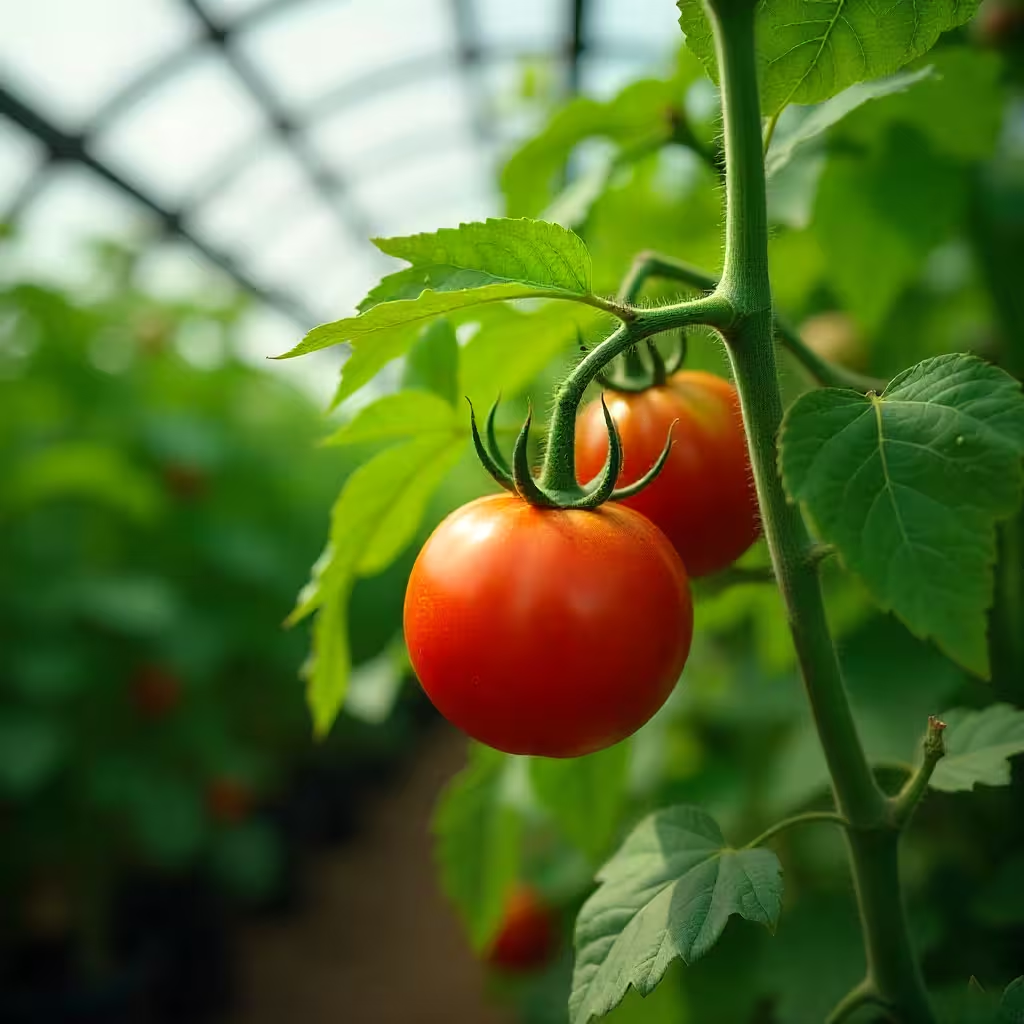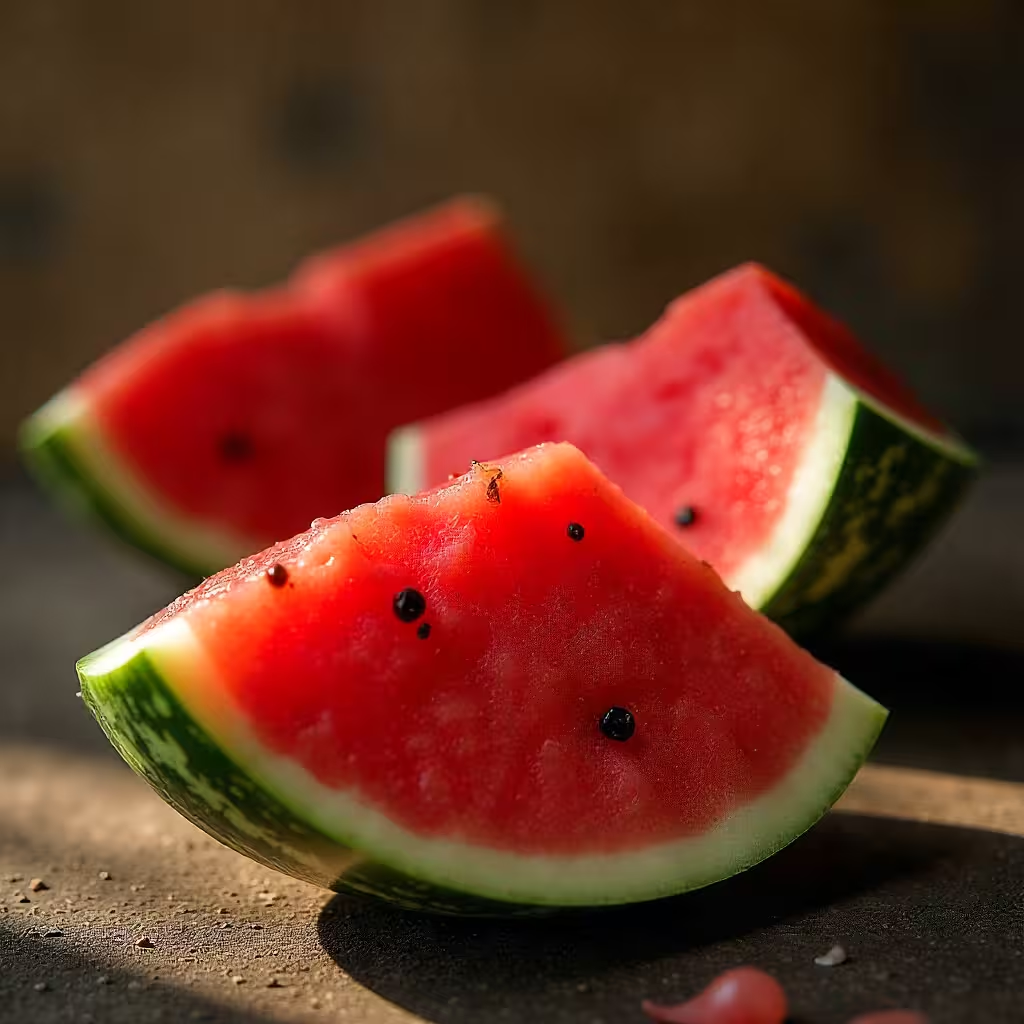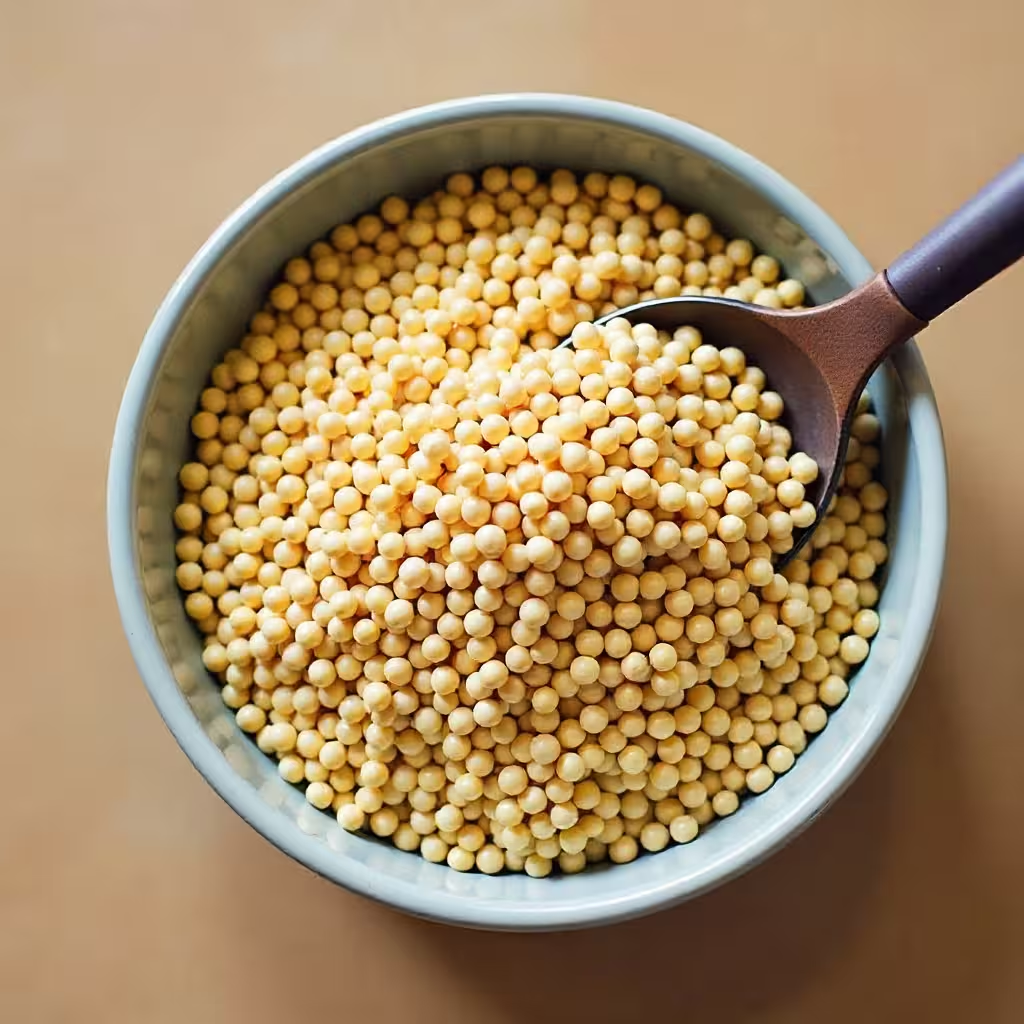Egg Whites: The Ultimate Pure Protein for Fat Loss
Egg whites are one of nature's most perfect protein sources, consisting of approximately 90% water and 10% protein with virtually no fat or carbohydrates, making them ideal for fat loss and muscle preservation. A single large egg white contains only 17 calories while providing 3.6 grams of high-quality complete protein with all nine essential amino acids in optimal ratios for human nutrition. Per 100 grams, egg whites deliver an impressive 52 calories and 11 grams of protein, giving them one of the best protein-to-calorie ratios of any whole food available. The protein in egg whites is primarily albumin, which has the highest biological value (BV) of any protein source at nearly 100, meaning the body can utilize almost all of the protein consumed for building and repairing tissues. Beyond protein, egg whites contain important nutrients including riboflavin (vitamin B2), selenium, potassium, magnesium, and trace amounts of other B vitamins, all while being completely cholesterol-free since all the cholesterol in eggs resides in the yolk. The versatility, affordability, and accessibility of egg whites make them a staple in the diets of bodybuilders, athletes, fitness enthusiasts, and anyone serious about losing fat while preserving lean muscle mass.
Featured Content

Preparing egg whites offers numerous cooking methods ranging from simple to creative, all of which keep calories minimal while maximizing protein intake. The most straightforward method is scrambling: whisk egg whites in a bowl with a pinch of salt and pepper, then cook in a non-stick pan with cooking spray or a tiny amount of oil over medium heat, stirring frequently until fluffy and fully cooked, which takes about 3-4 minutes. Boiling whole eggs and discarding the yolks is another simple approach, though this wastes the yolks unless you have another use for them. Making an egg white omelet allows for added vegetables like spinach, tomatoes, mushrooms, and peppers without significantly increasing calories, creating a voluminous, filling meal. Egg whites can be poached by cracking them into gently simmering water with a splash of vinegar, creating delicate, fat-free poached whites perfect for topping salads or whole grain toast. For convenience, many people turn to liquid egg whites sold in cartons, which are pasteurized and can be poured directly into a pan or even consumed raw in protein shakes. Baking egg white muffins or frittatas in a muffin tin with vegetables and seasonings creates portable, pre-portioned protein snacks perfect for meal prep. To enhance flavor without adding significant calories, use herbs like chives, parsley, or cilantro, spices such as paprika, turmeric, or garlic powder, hot sauce or salsa, and vegetables for volume and nutrients.
Additional Insights

In Europe, egg whites are consumed both as part of whole eggs in traditional cuisine and increasingly as isolated egg whites among health-conscious and fitness-oriented populations. Northern European countries like the UK, Germany, and the Netherlands have robust egg production industries, with high-quality eggs readily available in every supermarket, and the fitness community in these nations has embraced cartons of liquid egg whites sold specifically for high-protein diets. In France, egg whites play a crucial role in classical cuisine, used to create meringues, soufflés, and to clarify stocks and consommés, though the French traditionally appreciate the whole egg including the yolk for its flavor and richness. Mediterranean countries like Italy, Spain, and Greece incorporate egg whites into frittatas and tortillas (Spanish omelet), though they typically use whole eggs rather than separating whites. The European fitness and bodybuilding community has driven demand for convenient egg white products, with many European brands now offering pasteurized liquid egg whites in bottles, sometimes flavored or combined with vegetables. European consumers are increasingly concerned about animal welfare, leading to strong demand for free-range, organic, and cage-free eggs, with EU regulations on egg production being among the strictest in the world. Many Europeans who follow high-protein diets for fat loss appreciate egg whites as an affordable, locally-produced protein that doesn't require importing from distant countries.
In-depth Analysis

In the United States, egg whites have achieved mainstream status far beyond the fitness community, becoming a widely recognized symbol of healthy eating and weight management. American supermarkets dedicate entire refrigerator sections to egg products, including numerous brands of liquid egg whites in various sizes, egg white-only cartons, and even pre-cooked egg white products for maximum convenience. The American fitness and bodybuilding culture, which is more prominent than in most other countries, has made egg white consumption almost synonymous with muscle building and fat loss, with many athletes consuming large quantities daily—sometimes a dozen or more egg whites in a single sitting. Popular American restaurant chains like IHOP, Denny's, and Subway offer egg white options for breakfast items, allowing health-conscious diners to reduce calories while eating out. The famous "egg white omelet" has become an American cultural icon representing healthy eating, often ordered with vegetables and without cheese by those watching their weight. Americans have innovated numerous egg white products including powdered egg white protein supplements, egg white wraps as low-calorie bread alternatives, and pre-made egg white breakfast sandwiches in the frozen food section. The United States Department of Agriculture (USDA) regulates egg grading and safety, ensuring consistent quality across the nation, and American egg production is highly industrialized and efficient, making egg whites one of the most affordable protein sources available to Americans at all income levels.
Key Highlights

In Africa, eggs are consumed primarily as whole eggs rather than separated whites, with the practice of discarding yolks being seen as wasteful in regions where food security remains a concern and every calorie is valuable. In more developed African nations like South Africa, Kenya, Nigeria, and Ghana, egg production has grown substantially, with both large commercial operations and small-scale backyard farming providing eggs to local markets at relatively affordable prices. Urban Africans, particularly in cities like Johannesburg, Nairobi, Lagos, and Accra, have increasing access to eggs and are beginning to adopt more Western dietary practices, including high-protein diets, though the specific practice of consuming only egg whites remains uncommon. The concept of fitness-focused nutrition and intentional fat loss through high-protein, low-calorie eating is primarily limited to urban middle and upper-class Africans who have been exposed to international health trends through social media, gyms, and wellness culture. Traditional African cuisines incorporate whole eggs into dishes like shakshuka in North Africa, eggs in tomato sauce in West Africa, and various vegetable and egg combinations across the continent, but culturally, the idea of wasting the nutritious, energy-dense yolk doesn't align with traditional values around food. The primary barriers to egg white consumption as a fat-loss strategy in Africa include the perception that discarding yolks is wasteful when many people struggle with adequate calorie intake, lack of awareness about protein's role in fat loss and body composition, limited availability of convenient liquid egg white products, and the fact that in many African contexts, being larger is culturally associated with health and prosperity rather than being lean.
Final Thoughts

In Rwanda specifically, eggs are becoming increasingly available and affordable due to government initiatives promoting poultry farming, though the practice of consuming only egg whites for fat loss purposes remains virtually unknown outside elite fitness circles in Kigali. The Rwandan government has actively promoted chicken and egg production as part of agricultural development programs, with many rural families now keeping chickens for both eggs and meat, making eggs more accessible across income levels than they were a decade ago. Fresh whole eggs can be found at nearly every local market throughout Rwanda, typically sold individually rather than in cartons, with prices varying by location but generally remaining affordable relative to other protein sources. In Kigali, larger supermarkets and some specialty stores sell eggs in cartons, sometimes with options for free-range or organic varieties at premium prices, though liquid egg whites in cartons are not available in Rwanda as of now. The few Rwandans who practice separating egg whites from yolks for fitness purposes are primarily young, urban, educated individuals who follow international fitness influencers on social media platforms like Instagram and TikTok, and who train at gyms in Kigali that cater to expatriates and affluent Rwandans. For the vast majority of Rwandans, eggs are consumed whole—boiled, fried, scrambled with vegetables, or incorporated into dishes—because the entire egg provides valuable nutrition and calories, and the cultural context doesn't emphasize the Western ideal of extreme leanness that drives egg white consumption. However, as Rwanda continues its rapid development, urbanization increases, and more young Rwandans gain exposure to international fitness culture, the practice of high-protein eating for body composition may gradually grow, though it will likely remain limited to those with sufficient resources and education about nutrition, and for most Rwandans, consuming the whole egg remains the most practical and nutritious choice given current economic realities and nutritional needs.















